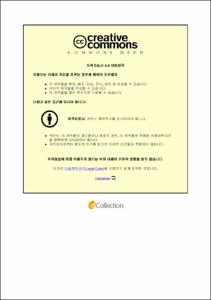외식업체 중간 관리자의 리더십 유형에 따른 종사원의 조직몰입, 만족, 이직의도에 관한 연구
= A Study on the Organizational Commitment, Satisfaction and Turnover Intention of Restaurant Employees According to the Leadership Type of Middle Manager in Restaurants
- Appears in Collections:
- 호텔관광외식경영학과 > 1. Thesis
- Files in This Item:
-
-
Download
 000001562761.pdf
기타 데이터 / 1.1 MB / Adobe PDF
000001562761.pdf
기타 데이터 / 1.1 MB / Adobe PDF
-
Items in Repository are protected by copyright, with all rights reserved, unless otherwise indicated.